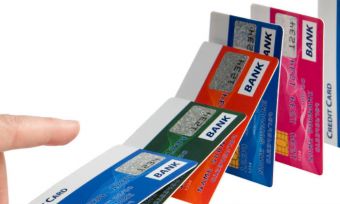 A recent question on my News Corp Gen Y column was along the lines that everyone should have an emergency fund for unexpected expenses – but how much do you need, and how should you hold it.
A recent question on my News Corp Gen Y column was along the lines that everyone should have an emergency fund for unexpected expenses – but how much do you need, and how should you hold it.
Between saving for or paying off the home loan, saving or paying off childcare and school fees and simply affording day-to-day life, an “emergency fund” of money can seem like a pleasant but completely unrealistic dream. Even so, I do think that everyone should have two emergency funds: one for “emergencies” and one for genuine emergencies.
What?s the difference? Well, “emergencies” are events such as your fridge, washing machine, TV or iPad dying. Or having a minor car accident, major root canal treatment or a tax bill (all things that are as painful as each other). In other words, “emergencies” are things that you may not have expected to happen that week but which are almost guaranteed to happen at some point. Ideally you need a couple of thousand dollars set aside, in an interest-earning cash account, to cover whichever of those “emergencies” happens this year.
Genuine emergencies, on the other hand, are things that you hope will never happen. Sudden job loss, a flood, fire or storm wreaking havoc on your home or car, serious injury or illness of you or your partner. With the exception of job loss, most of them should still only need two or three thousand dollars set aide – provided that the cash is coupled with a good-quality insurance policy. As you don?t know which emergency might happen, you need a wide range of insurances.
If you?re a property investor you might want to add landlord insurance to the mix, and pet owners could also consider pet insurance.
Setting aside money to cover job loss is more difficult, but my suggestion is to build up as much equity in your home as possible by paying extra off the mortgage. That way there?s a redraw facility available if you need it.







Share this article